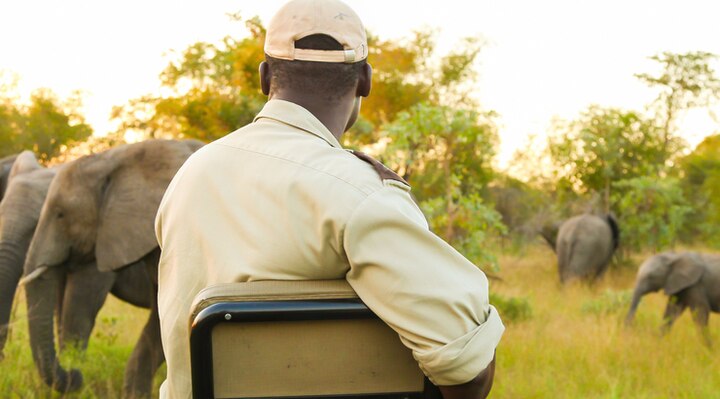Aerial Surveillance Project Strengthens Anti-Poaching Efforts in Kunene. During the festive season, an aerial surveillance initiative was launched in Namibia’s Kunene Region to combat poaching and support conservation efforts. The operation, which took place between December 17 and January 7, was a collaboration between key conservation organizations, aiming to protect the region’s biodiversity.
Dr. Conrad Brain, a member of Wilderness Impact, led the project in partnership with Ecowings Namibia. Two aircraft, a Cessna 182 and a Piper Super Cub, operated from Palmwag Airfield, covering over 12,800 kilometers in 60.8 flight hours at an altitude of 200 feet. The Namibia Nature Foundation (NNF) provided fuel for the operation.
The primary goal of the initiative was to deter illegal activities by maintaining a visible aerial presence. “Even if we don’t see much from the air, those on the ground know we are there,” Brain explained. This visibility played a crucial role in discouraging poaching, illegal mining, and plant theft.
The flights also assisted Save the Rhino Trust (SRT) teams by helping locate rhinos when tracks were found but the animals were not in sight. Observers monitored wildlife movements, carcasses, and other ecological indicators to assess potential threats.
Beyond surveillance, Ecowings engaged local communities by taking children on educational flights, fostering awareness about conservation. Additionally, Brain provided veterinary care for mules and donkeys used in SRT’s monitoring work.
The project involved organizations such as the Namibia Chamber of Environment, Rooikat, Skycore, Medical Rescue Africa, and Westair Aviation. Supported by the environment and tourism ministry and the Namibian Defence Force, this initiative demonstrated how collaborative conservation efforts can help protect Namibia’s wildlife and ecosystems for future generations.
Join 'Namibia Today' WhatsApp Channel
Get the breaking news in Namibia — direct to your WhatsApp.
CLICK HERE TO JOIN






